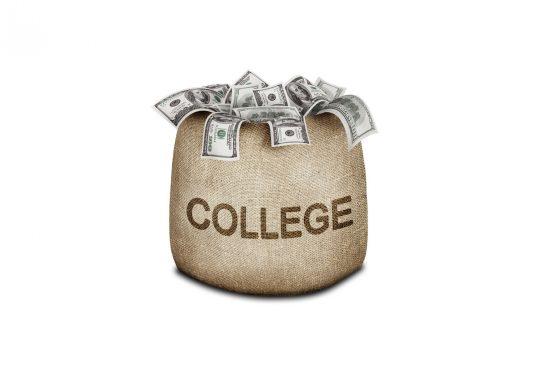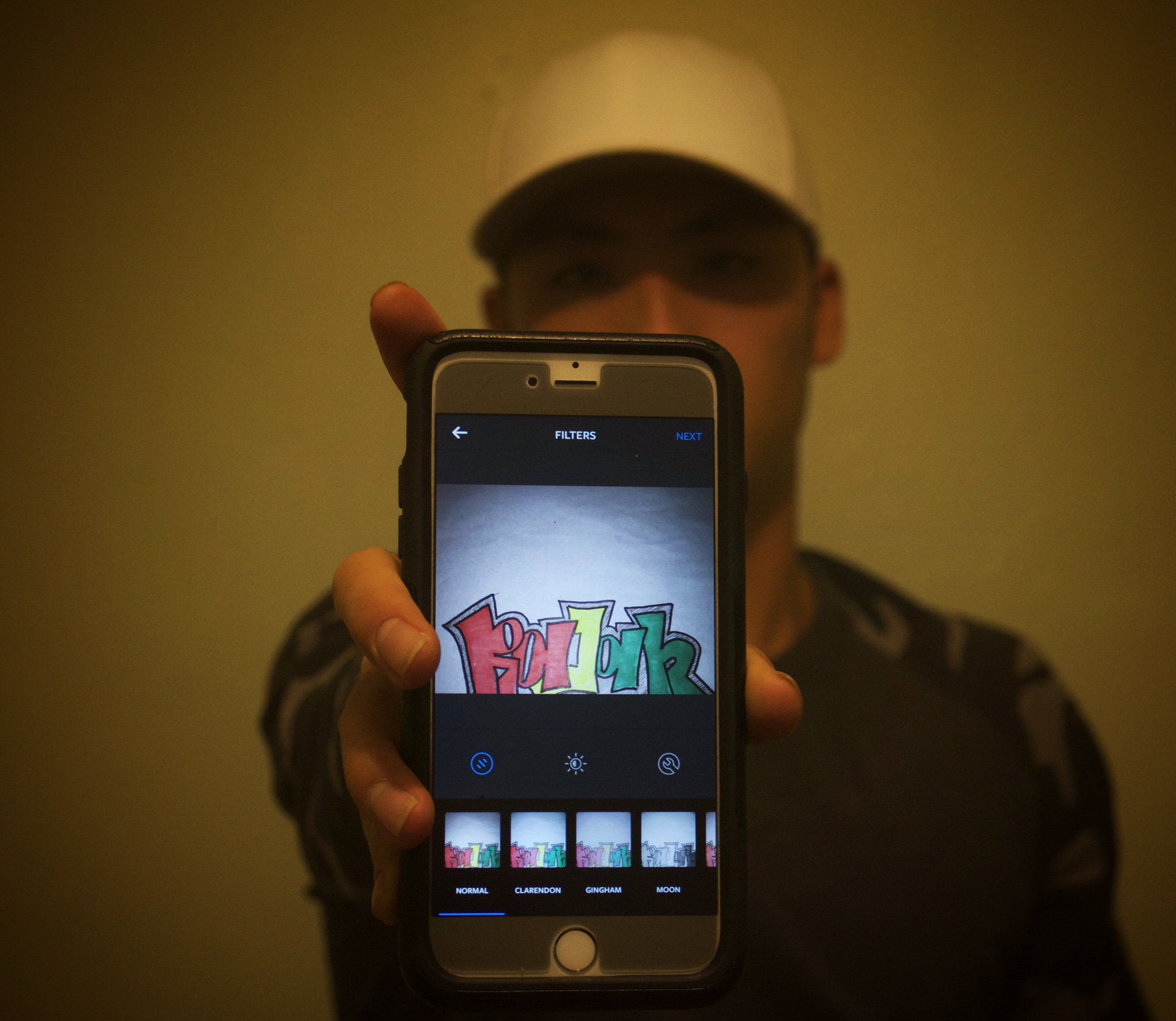by Sophie Carr
The phrase “College Admissions” provokes a sense of worriment not only in parents, but also for anyone who went through the hell of an undergraduate application procedure. The horror stories of enrollment follies seem to only augment this anxiety—all of them words of warning or cautionary tales that are just a little too piercingly close to reality; the suspended requests, the rejection letters, technological mishaps—all stories that are grounded in failure. They all in some way resemble a Brothers Grimm tale.
Presented in these parables of woe, we’re quick to identify the college admissions officer as the story’s villain, but is this entirely accurate? Surely, the university is not to be blamed for simply doing its job? Under the remit of the College Admissions Officer, the more common responsibilities include visiting high schools, talking to students and parents, reviewing applications, interviewing applicants and ultimately extending enrollment. However, a new technique for ferreting out competition has been adopted into this cumbersome job description. An article in The New York Times was published last year concerning a new feature of college admission: “They Loved Your G.P.A. Then They Saw Your Tweets.”
It’s prevailing hearsay that college admissions offices now use social media to scour student competition for admission. From a certain standpoint, this phenomenon comes across as pitiable rather than merciless; I’m sure their job is no easy feat, at least in an emotional sense. Having to decide from a plethora of uniform applications, personal statements and letters of recommendation—their remorse must build as they distinguish between those who are essentially the victors from the hapless. This job clearly isn’t for the weak-hearted, as it seems only best suited for those who belong to a cut-throat lifestyle.
The New York Times article revealed that not all universities take to social networks in making such a final decision, yet there have been an unfortunate handful of circumstances wherein a student’s online behavior resulted in the occasional rejection letter. The article inspired a series of other writing on the issue. One in particular from Huffington Post caught my attention: Megan Shuffleton’s “How To Clean Up Your Social Media For College Applications.” Cindy Boyles Crawford, Senior Assistant Director of Admissions at the University of Georgia, was quoted in the column, stating, “Many scholarships, organizations and companies see social media as the ‘true view’ of a student’s character. One could easily be outstanding in an interview, then tarnish the image by an irresponsible post on their profile.”
Unsurprisingly, I would have to disagree. One’s activity online shouldn’t reflect a legitimate portrayal of who someone is as a person, and it would be absurd to think otherwise. An online persona represents only one side of you (and an astonishingly superficial one, at that). People foster many different attitudes and behaviors for all occasions. It’s very possible to be boisterous through text while also adopting a rather shy disposition in company. As another example, there are many who tend to be more brazen with their peers, but if ever in the presence of strangers, they may come off as reserved. If colleges are searching for an easy way to eliminate competition, they might as well have university admissions stationed in local movie theaters, because I guarantee you that the conduct of an average high school student declines tenfold in a cinema (any sign of texting during the film would result in immediate wait-listing). Fundamentally, social network analysis seems to me to be an unreliable method in gaining an accurate comprehension of a student’s character.
In spite of all this, college admissions may have other valid reasons for such regulation. In the case that a student held a less-than-appropriate reputation online, it’s wise to question if this infamy will continue at their particular institution, a pressing concern given that the student would be representing that university.
The best thing you could say about this level of investigation is that it sets a standard of propriety for online interaction. I find it refreshing not to see defamatory statements strewn across a Facebook comment section, or scrolling through tweets and re-tweets of hate. As life progressively incorporates social networking forums, there should be an established etiquette with virtual communication; this is simply an issue of being conscientious. Adhering to manners online—like opening a doorway for someone or not putting your elbows on the table in real life—means that some people should be mindful not to post the status of their genitals on their Facebook wall.
It’s highly doubtful that an Internet profile is capable of representing one’s true identity. Someone’s true character is no less apparent through an online medium than it is by weighing someone’s grade-point average. College admissions aren’t looking for a student’s “true character,” they’re sifting through what reads well on paper. Only now, this will include what a student tweeted three weeks ago.



